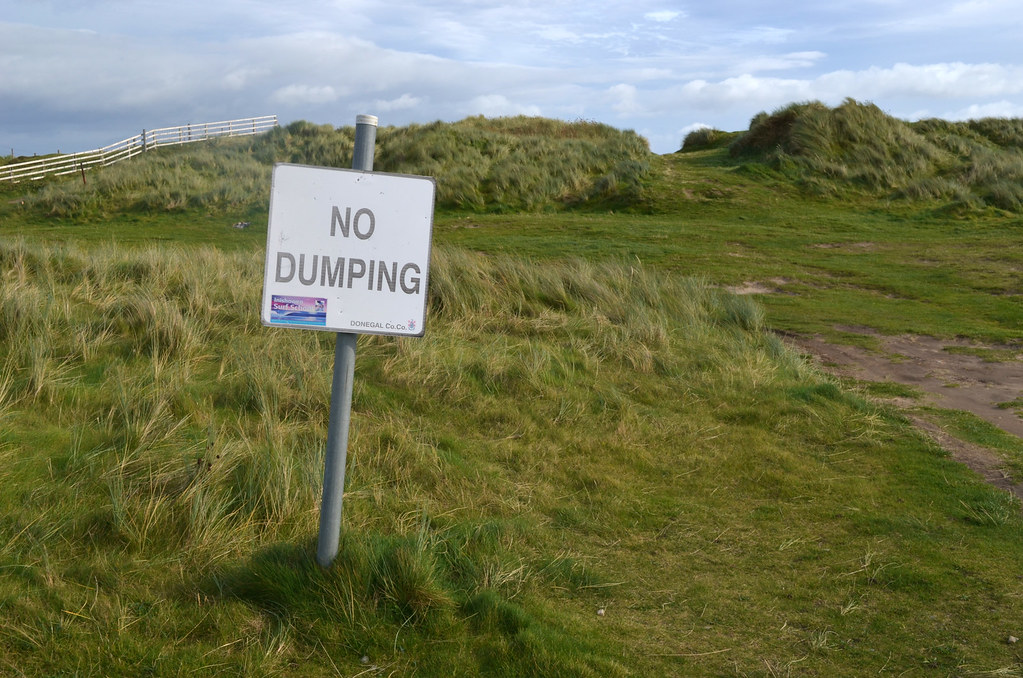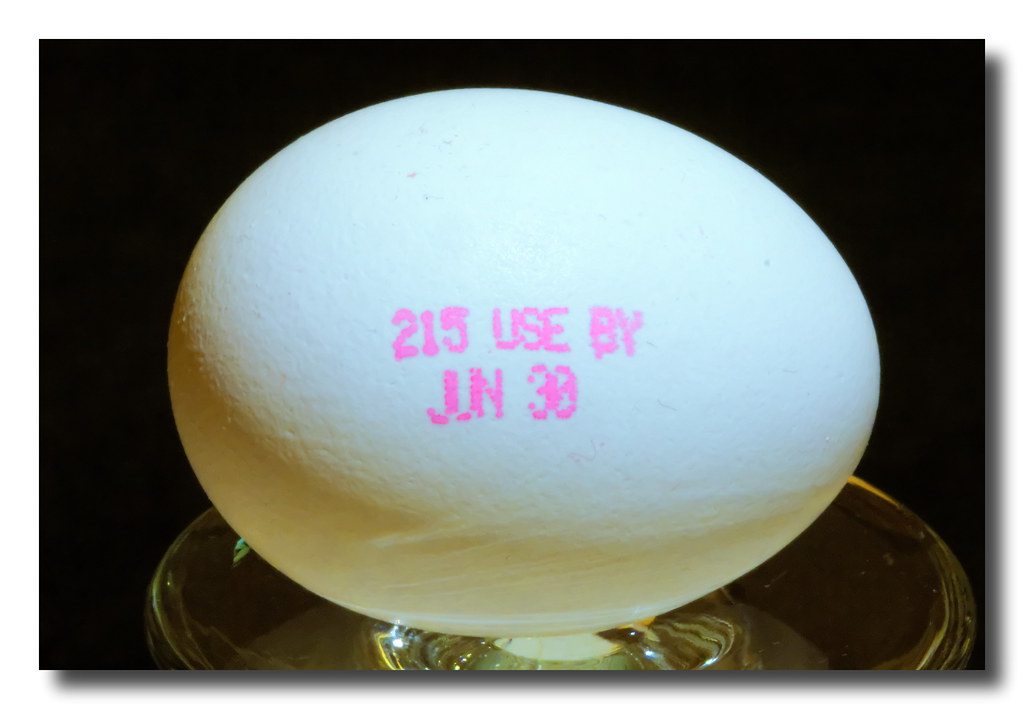Frances Hodgson Burnett published The Secret Garden as a serial in 1910, and it was an unwise decision. Though this has become one of her most-adapted and popular works, in the beginning Garden was not a hit with audiences. But it's always been one of my favorite books. When it comes to film...well, somehow this story has never translated well to the screen.
The Book
But on the page, it's divine. Mary Lennox is not a likeable heroine. She's a spoiled little brat, actually, skinny and mean-faced and even nasty, on occassion. But in truth she's a lonely little girl, and her backstory shows a lot of neglect. It's heart-wrenching to get to know Mary at the beginning of the book, a girl who is "quite contrary."
























